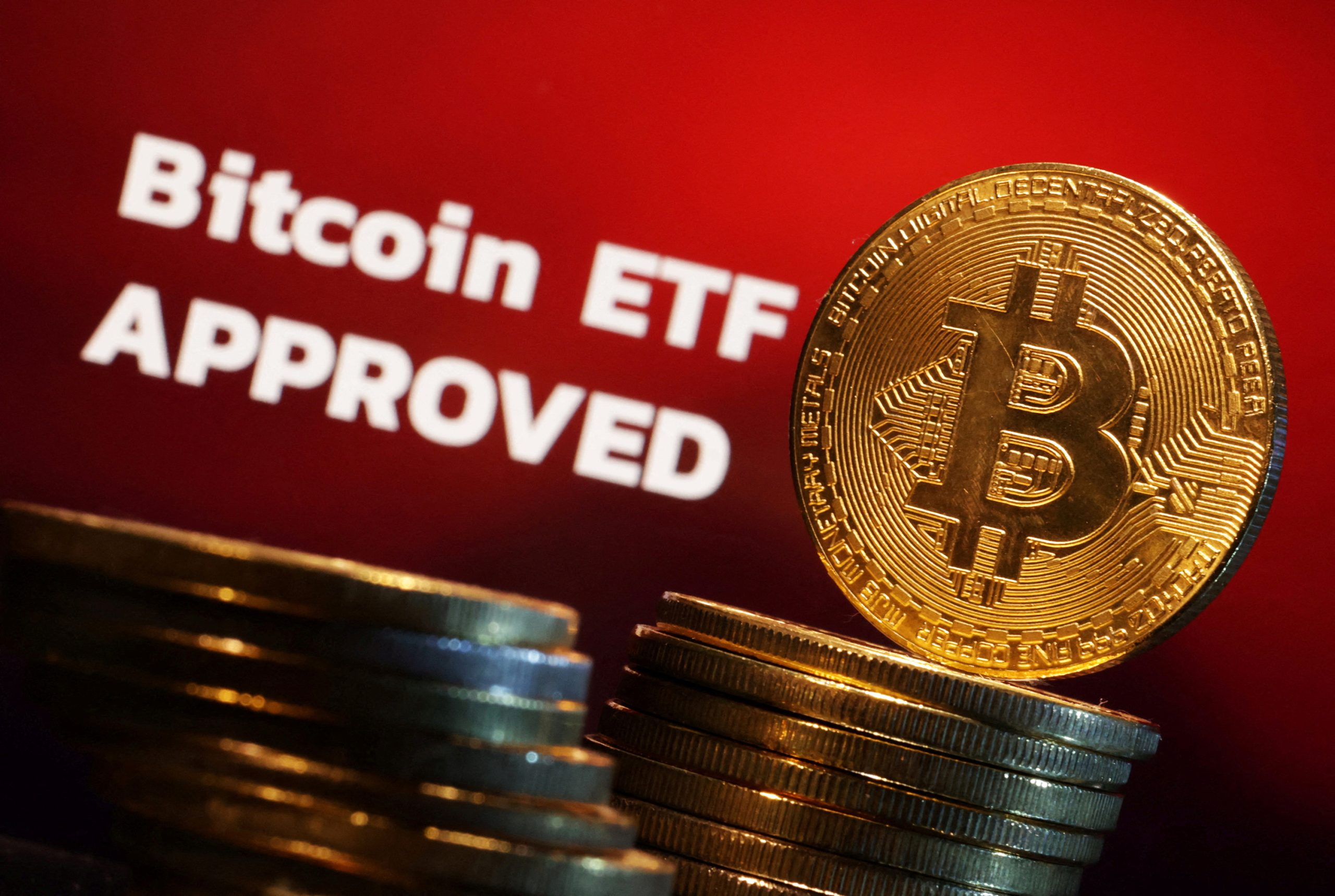Crypto can be an attractive prospect for traders looking to expand their portfolio. But this is a volatile market, with many of these digital currencies experiencing soaring prices and sudden drops in value. To add to this, until recently, this area of trading was largely unregulated.
However, in the last year, we’ve seen countries embrace rules and restrictions that put traders in a better position when approaching the crypto market. Here’s a look at some of the places that are providing opportunities for traders.
The European Union
Before we look at specific countries, it’s worth noting one of the biggest updates to crypto trading across the European Union. The Anti-Money Laundering Regulation, or AMLR, was approved last year and will operate alongside the Markets in Crypto-Assets regulation, or MiCA. These measures mean that customers in the EU can only be served by crypto companies outside the EU if they fall within a set of new guidelines.
United Kingdom
As the UK is now post-Brexit, it won’t benefit from the updates across the EU. However, regulations were introduced in 2023. Here, firms that are planning to promote cryptoassets to retail consumers must be authorised or registered by the FCA or have their marketing approved.
This regulates trades and addresses the risk level involved. This progressive approach means there are lots of opportunities for crypto exchanges and traders can access the markets via trading platforms with these regulations in place.
Switzerland
Switzerland has long been associated with cryptocurrencies. It’s home to Ethereum, one of the major digital currencies. It comes second only to Bitcoin by market capitalisation.
Investors here can benefit from having tax-free income and capital gains received from crypto investments. Regulation is progressive, but it’s important to note that there may be a wealth tax that can be as much as 0.8%. But this is across all assets within a trader’s portfolio.
Malta
Known as the ‘Blockchain Island’, Malta is rapidly becoming a go-to for crypto entrepreneurs. It’s the first country in the world to have a clearly defined regulatory framework for Distributed Ledger Technologies. This means blockchain-based trading, such as the crypto markets, has enhanced protections.
For traders, long-term gains are tax-free. However, short-term capital gains are impacted by a variable tax rate.
Georgia
Personal gains aren’t subject to tax for cryptocurrency traders. This is because cryptocurrencies aren’t classed as “Georgia-sourced”, so they’re making them exempt from Capital Gains Tax. This makes the country a huge draw for investors looking to capitalise on the market.
Also, like Malta, Georgia has been encouraging the growth of blockchain tech, enhancing safety measures that come with the digital ledger.
For traders looking to go global, there are plenty of opportunities across the map.






